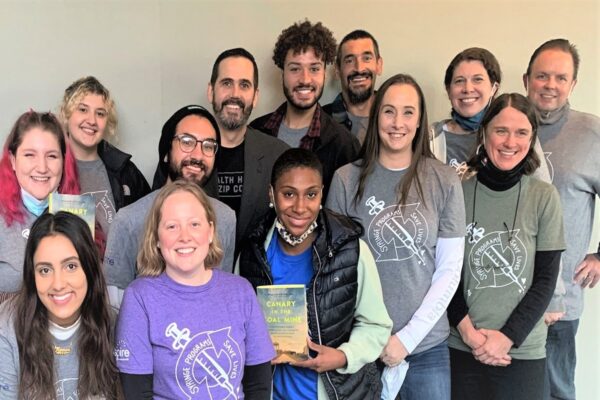Exploring the Inevitable: Why You Should Enroll in SOC-R 327 Sociology of Death and Dying
 Death is an undeniable aspect of human existence, yet it remains one of the most misunderstood and often avoided topics in society. As students navigating through the complexities of life, understanding the forces that shape our perceptions and experiences of mortality is not only enlightening but essential for personal and societal growth. In SOC-R 327 Sociology of Death and Dying, we delve into the historical, social, and psychological dimensions influencing human mortality, offering a profound exploration into the very fabric of our existence.
Death is an undeniable aspect of human existence, yet it remains one of the most misunderstood and often avoided topics in society. As students navigating through the complexities of life, understanding the forces that shape our perceptions and experiences of mortality is not only enlightening but essential for personal and societal growth. In SOC-R 327 Sociology of Death and Dying, we delve into the historical, social, and psychological dimensions influencing human mortality, offering a profound exploration into the very fabric of our existence.
Changing Perspectives
Throughout history, the perception of death has undergone significant transformations, reflecting shifts in cultural norms, belief systems, and technological advancements. From ancient rituals to modern healthcare practices, SOC-R 327 examines how changing images of death and dying have shaped societies across time and space. By understanding these shifts, students gain insight into the evolution of human consciousness and societal values surrounding mortality.
Technology’s Impact
In an age dominated by technological innovation, the dying process has become increasingly medicalized, often leading to the dehumanization of death. Through an in-depth analysis, SOC-R 327 explores the implications of technology on end-of-life care, challenging students to critically examine the ethical and moral dilemmas posed by advancements in medical science. By confronting these issues, students are equipped to navigate the complexities of modern healthcare systems with empathy and understanding.
Navigating Grief and Loss
The experience of grief is a universal human phenomenon, yet it manifests differently across cultures and societies. SOC-R 327 provides a comprehensive examination of the grieving process, from cultural practices surrounding funerals to the psychological dynamics of bereavement. By exploring the intricacies of grief, students develop a deeper appreciation for the complexities of human emotion and the importance of social support systems in times of loss.
Facing Taboo Topics
From discussions on suicide and genocide to the delicate subject of children’s death, SOC-R 327 tackles taboo topics with sensitivity and scholarly rigor. By confronting these difficult realities head-on, students gain a deeper understanding of the social, cultural, and psychological factors that contribute to such phenomena. Through open dialogue and critical analysis, students are encouraged to challenge preconceived notions and foster empathy towards those affected by these issues.
The Influence of Social Structures
At the heart of SOC-R 327 lies an exploration of how social structures shape the death and dying process. By examining the intersection of race, class, gender, and other social factors, students gain insight into the disparities that exist within end-of-life care and bereavement experiences. Through this lens, students are empowered to advocate for social justice and equity in matters of life and death.
Enrolling in SOC-R 327 Sociology of Death and Dying offers students a unique opportunity to explore the profound intricacies of human mortality in a 100% online format. By delving into historical, social, and psychological perspectives, students are equipped with the knowledge and empathy needed to navigate the complexities of death and dying in our modern world. Join us on this transformative journey as we confront the ultimate existential questions and emerge with a deeper understanding of what it means to be human.


